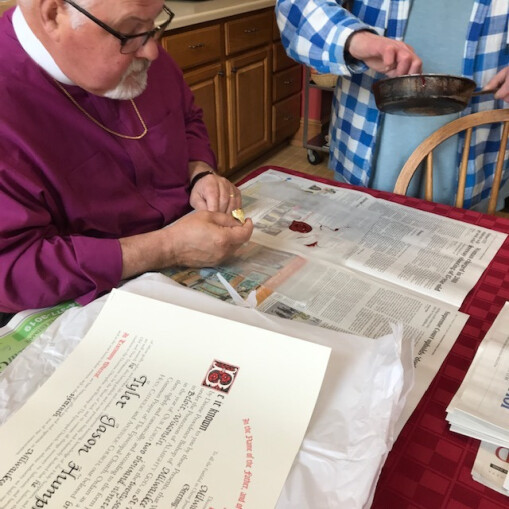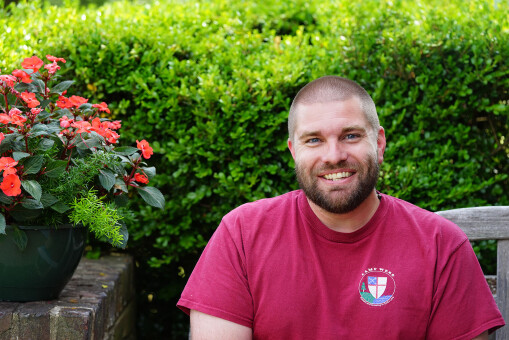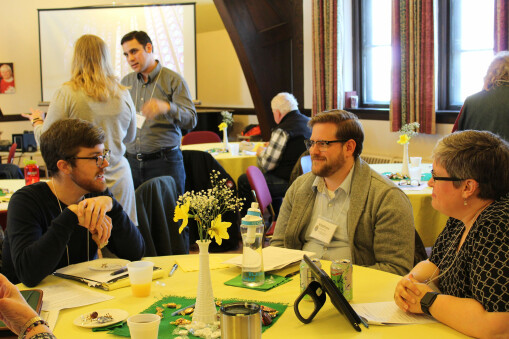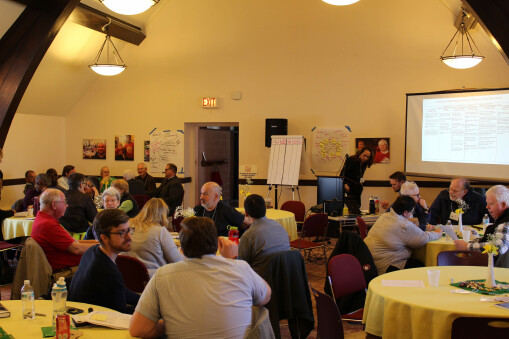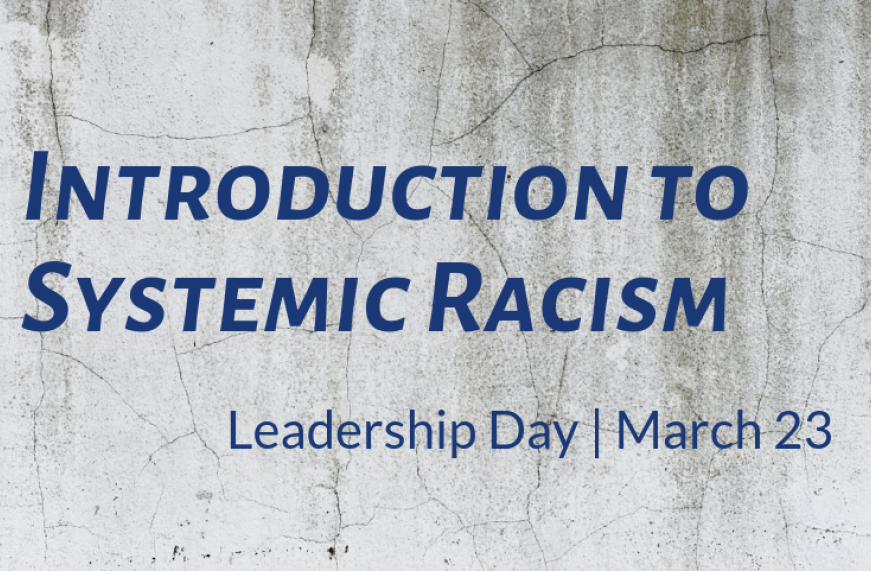“Shallow understanding from people of good will is more frustrating than absolute misunderstanding from people of ill will. Lukewarm acceptance is much more bewildering than outright rejection.” ⸺ Martin Luther King in Letter from Birmingham Jail
In honor of Martin Luther King Day last week, I read his Letter from Birmingham Jail. In it, he writes that at the time, Birmingham was “probably the most thoroughly segregated city in America.” He also writes, “Its ugly record of brutality is widely known. Negroes have experienced grossly unjust treatment in the courts.”
Recently Bishop Miller sent me a link to an article from MSN, The Worst Cities for Black Americans. In this article, Milwaukee and Racine are listed as the second and third worst places to live for African Americans now. This isn’t the first time we’ve made the list. In the current report, it says that black families earned less than have the income of a typical white family. It states that the incarceration rate for black people is 11.5 times that as the rate for white people in Wisconsin (for reference, the national rate is that black people are 5 times more likely to incarcerated compared to white people). The report cites Milwaukee's discriminatory housing policies from the mid-20th century still largely defines residential patterns today.
Birmingham is no longer called one of the most segregated cities in the country, Milwaukee is. According to the US Bureau of Justice Statistics from 2016, as presented on the Sentencing Project website, only New Jersey has a higher rate of incarceration for African Americans than Wisconsin does. And a new report from WalletHut names Wisconsin as the most segregated state in the nation.
Last week, I had a man stop by St. Mark’s, Milwaukee (where I also work) asking for assistance. St. Mark’s is located on Milwaukee’s east side in a rather affluent neighborhood with little racial diversity. He expressed how much courage it took for him to come to “this neighborhood in this part of town.”
We in the Episcopal Diocese of Milwaukee are trying to answer our churchwide call to grow our relationships with each other through racial reconciliation. We have read the books Just Mercy by Bryan Stevenson and Waking Up White by Debby Irving, and we have hosted discussions on racial reconciliation and encouraged you to have discussions in your parishes. We have called on you to, in the words of Bryan Stevenson, “get proximate” and reach out to others.
To continue this work, we will be hosting Crossroads Antiracism Organizing & Training who will present a day-long Introduction to Systemic Racism on Saturday, March 23.
The purpose of this workshop is to introduce participants to the idea that oppression and, in particular, racism is not only a matter of individual prejudice but a systemic, institutional problem of power, which requires structural intervention to dismantle.
Participants will be exposed to a definition of systemic racism. A rationale will be explored for developing a fuller analysis of racism, including understanding its historical and legal roots and contemporary functioning.
Please join us.
Saturday, March 23
8:30 am — Check-In
9 am to 4 pm — Workshop
Zion, Oconomowoc
Cost: $10 to cover the cost of lunch (you may mail a check to the Diocese of Milwaukee Finance Office or you may pay with check or cash at the training).
Register here.
Now is the time to lift our national policy from the quicksand of racial injustice to the solid rock of human dignity. ⸺ Martin Luther King in Letter from Birmingham Jail
Sara Bitner
Communications Officer
 In the Diocese of Milwaukee, ordination certificates for both priests and deacons are prepared much as they have been for many years — the certificate is prepared by a calligrapher, then wax is heated and the Bishop's official seal is affixed with the episcopal ring. This time-honored practice took place once again at Nicholson House yesterday to ready TJ Humphrey's certificate for Saturday.
In the Diocese of Milwaukee, ordination certificates for both priests and deacons are prepared much as they have been for many years — the certificate is prepared by a calligrapher, then wax is heated and the Bishop's official seal is affixed with the episcopal ring. This time-honored practice took place once again at Nicholson House yesterday to ready TJ Humphrey's certificate for Saturday.